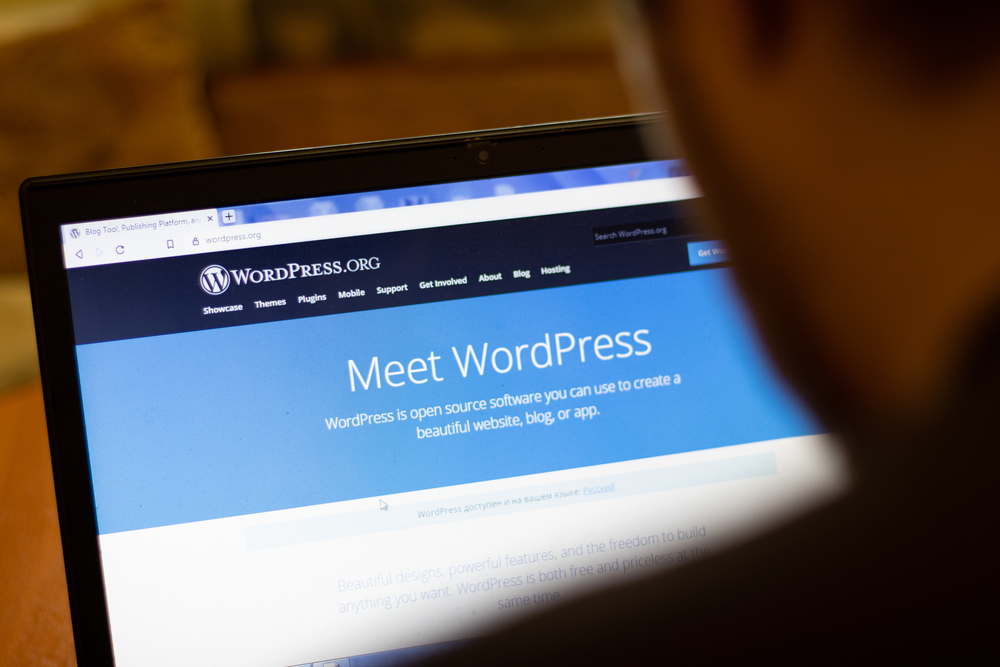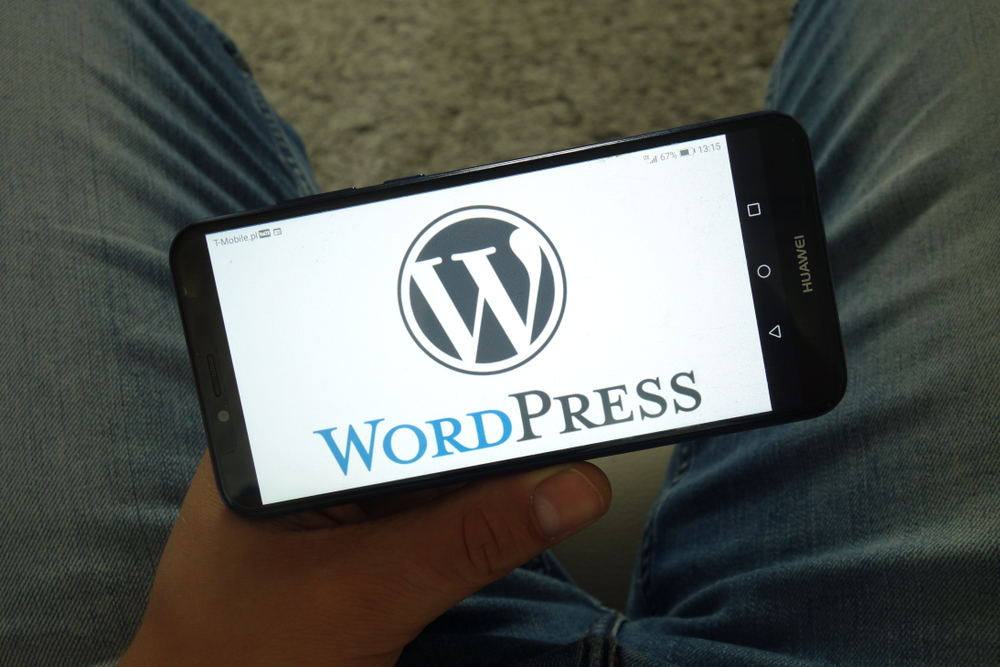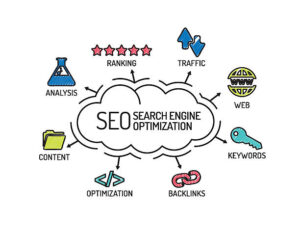WordPress.org vs WordPress.com: Key Differences Explained
WordPress.org vs WordPress.com: When it comes to building a WordPress site, you’ll often hear about two options: WordPress.org and WordPress.com. While both are powered by the WordPress platform, they offer different features and are suited for different types of users. Understanding the differences between WordPress.org and WordPress.com is crucial to choosing the right platform for your needs.
In this blog, we’ll break down the key distinctions between these two platforms, their pros and cons, and which one might be best for you.
Understanding WordPress.org vs WordPress.com
What is WordPress.org?
WordPress.org is often referred to as the self-hosted version of WordPress. It’s an open-source content management system (CMS) that allows you to build and manage your own website. With WordPress.org, you need to purchase web hosting and a domain name separately, but you have complete control over your website’s design, features, and functionality.
Key Features of WordPress.org:
- Complete control: You have full access to all WordPress files, plugins, and themes.
- Customization options: Choose from thousands of free and premium themes and plugins.
- Monetization: You can run ads, accept payments, and add any monetization methods you like.
- SEO control: Advanced SEO plugins and tools to help improve your website’s visibility on search engines.
- No limitations: You can build anything from blogs to full-fledged eCommerce stores.
What is WordPress.com?
WordPress.com is a hosting service provided by Automattic, the company behind WordPress. It offers a more simplified version of WordPress that’s easier to set up and maintain. WordPress.com provides free hosting with paid upgrades for additional features like custom domains, themes, and plugins.
Key Features of WordPress.com:
- No hosting required: Hosting is included, making it simpler to get started.
- Limited customization: Free users are restricted to a set of pre-installed themes and can’t install plugins.
- Automatic updates: WordPress.com handles all updates and security, reducing maintenance tasks.
- Free and paid plans: Free version with WordPress.com subdomain, or upgrade for premium features like custom domain names and advanced design options.

Differences Between WordPress.org and WordPress.com
1. Hosting and Domain
- WordPress.org: Requires you to find your own hosting provider and register a domain name separately. You have complete control over where your site is hosted.
- WordPress.com: Includes hosting and offers a free subdomain (e.g., yoursite.wordpress.com). To use a custom domain, you’ll need to upgrade to a paid plan.
2. Customization and Plugins
- WordPress.org: Full customization options with access to thousands of themes and plugins. You can even modify the website’s code.
- WordPress.com: Free users are limited to a selection of themes, and no custom plugins are allowed. Paid plans unlock more themes and limited plugin functionality.
3. Monetization
- WordPress.org: No restrictions on how you can monetize your site. You can run ads, sell products, or integrate affiliate marketing.
- WordPress.com: Monetization options are limited, especially for free users. To run ads or integrate eCommerce, you’ll need a paid plan.
4. Maintenance and Updates
- WordPress.org: You are responsible for updates, backups, and security, although these tasks can be automated with the right tools and plugins.
- WordPress.com: WordPress.com handles all updates, backups, and security, making it easier for users who don’t want to manage technical aspects.
5. Cost
- WordPress.org: Free to use, but you’ll need to pay for hosting, domain registration, premium themes, and plugins, depending on your needs.
- WordPress.com: Free to start, but most customization options and advanced features require a paid plan (ranging from $4 to $45 per month).
Which One Should You Choose?
WordPress.org is Best For:
- Businesses and professionals who want full control over their website.
- eCommerce sites and those looking to monetize through ads, affiliate marketing, or memberships.
- Developers who need to customize the website’s functionality extensively.
- Anyone seeking long-term growth and scalability with no platform restrictions.
WordPress.com is Best For:
- Beginners who want a hassle-free setup without worrying about hosting or maintenance.
- Personal bloggers and hobbyists who don’t need advanced customization or monetization.
- Non-technical users who prefer to focus on content creation without dealing with backend tasks.
Conclusion
In summary, WordPress.org and WordPress.com cater to different needs. If you’re looking for complete control, scalability, and the ability to customize every aspect of your site, WordPress.org is the way to go. On the other hand, if you want a simple and hands-off approach to building a site with less technical involvement, WordPress.com may be a better fit.
For further reading, consider exploring Smashing Magazine for design tips and trends, or visit AIGA for professional design resources and insights.
Explore more related articles to deepen your understanding and make informed choices about graphic design techniques
WordPress Website Developer: Expert Solutions for Your Online Presence
Custom WordPress Development: Tailored Websites for Your Business






